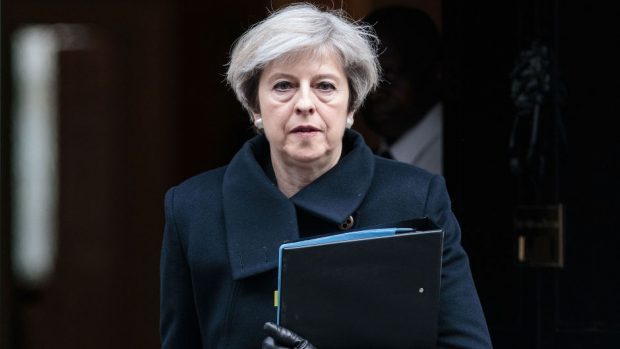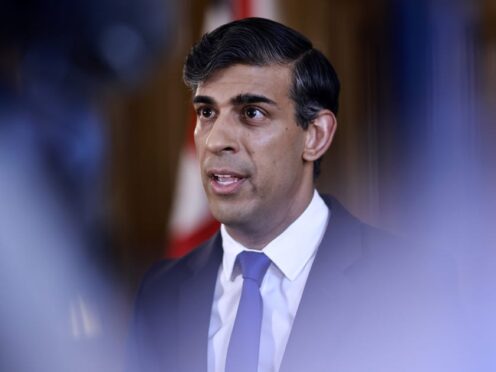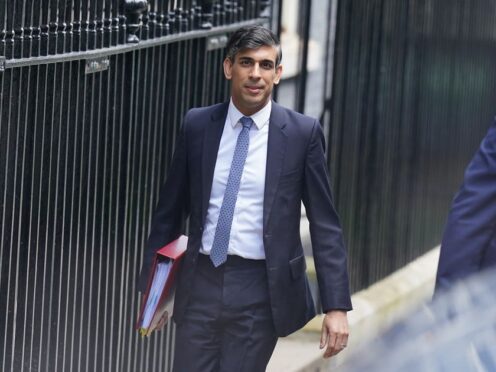Theresa May blocked David Cameron’s attempt after last year’s Brexit referendum to unilaterally guarantee that European Union nationals living in Britain could stay in the country, George Osborne’s newspaper has claimed.
An editorial for the Evening Standard, which is edited by the former chancellor, said the entire Cabinet at the time agreed that EU citizens should be assured of their rights to remain without getting similar guarantees for UK expats.
But then-home secretary Mrs May “insisted on blocking it”, the newspaper said.
“Last June, in the days immediately after the referendum, David Cameron wanted to reassure EU citizens they would be allowed to stay,” the editorial said.
“All his Cabinet agreed with that unilateral offer, except his Home Secretary, Mrs May, who insisted on blocking it. A vote in the Commons earlier this year was only carried with a nod and a wink to Tory MPs behind the scenes that she didn’t really mean it.
“Since then, the Government has lost its majority and it seems likely that an opposition motion to grant EU citizens the right to remain unilaterally could be carried.”
The claim comes after the PM set out her offer on residency rights for EU citizens to a European Council summit in Brussels, which is conditional on British expats in Europe being afforded the same rights.
The Standard’s editorial said Mrs May should instead guarantee EU citizens’ rights without getting any assurances on expats, arguing that her current position is “an act of self-interest dressed up as a gesture of international generosity”.
Doing so would “almost certainly” force European countries to give the same guarantees, it said.
Under the proposals which Mrs May outlined to fellow leaders on Thursday, settled status will be available to all EU nationals who have been in the UK for five years, granting them the same rights as British citizens to healthcare, education, welfare benefits and pensions.
Those with a shorter period of residency will be able to stay on to reach the five-year threshold, and those arriving after a yet-to-be-defined cut-off date will have a “grace period” to regularise their status.
Liberal Democrat Brexit spokesman Tom Brake said: “It is a badge of shame that Theresa May blocked attempts to guarantee the rights of EU nationals after the referendum. It shows how cold and heartless she is.
“Now that mean-spirited decision is coming back to haunt her as we see an exodus of skilled EU workers, from nurses to academics.
“Simply setting out vague assurances without giving a clear guarantee or sufficient resources for the Home Office is not good enough.
“People who have made their lives here shouldn’t have to face a bureaucratic nightmare to apply to stay, or see their applications arbitrarily rejected.
“We urgently need a new, streamlined process that gives all EU nationals who have made the UK their home an easy route to permanent residency.”










